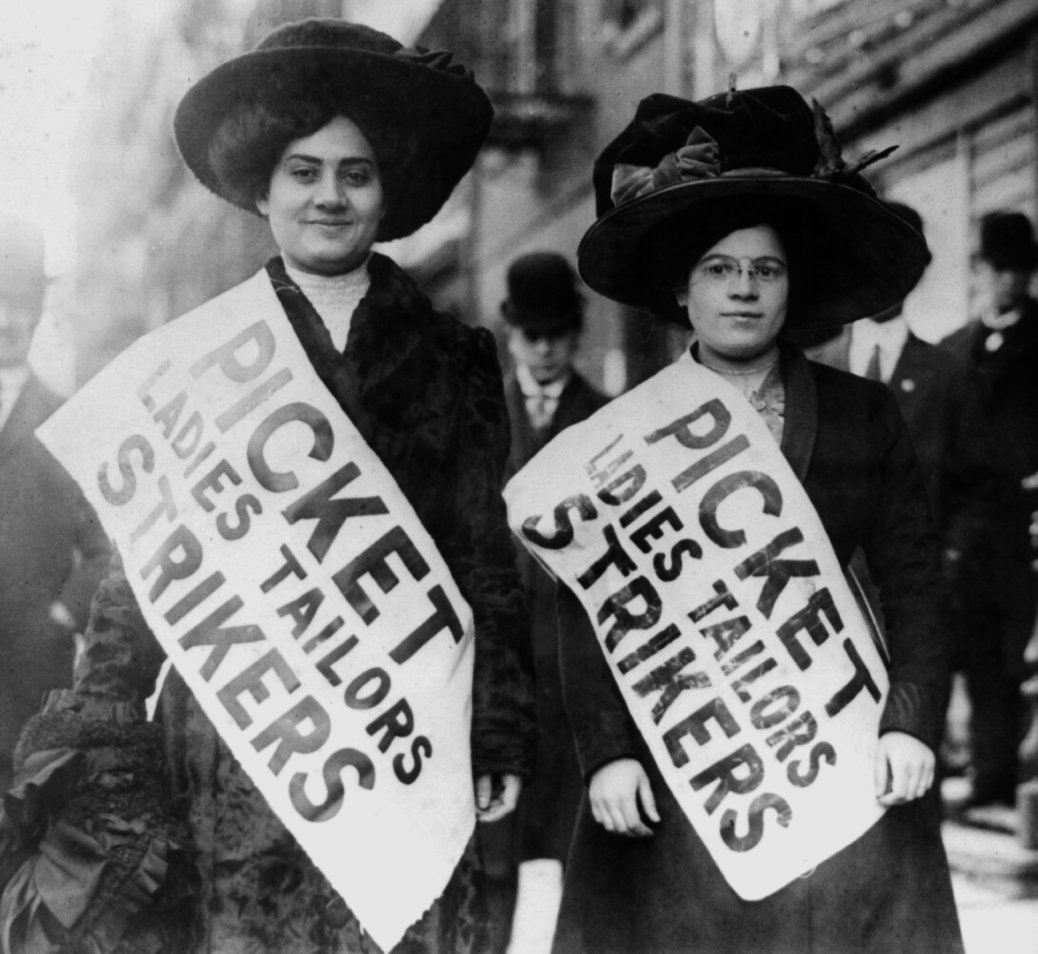Cuomo Fails the Children of New York State
By: Marla Kilfoyle, General Manager BATs

Every day our children achieve despite having their public schools grossly underfunded by New York State Governor Andrew Cuomo and his education reform agenda. From Albany to Roosevelt, from Wyandanch to Troy, children are receiving honors and accolades that show their schools are not failing but are indeed providing exemplary services to our children. For the Governor of New York to go publicly on social media and call those students, their districts, and communities “failures” is a gross misrepresentation of what is really happening – Governor Cuomo has failed our children.
Last week Governor Cuomo released a report about New York States failing schools. Read here: https://www.governor.ny.gov/sites/governor.ny.gov/files/atoms/files/NYSFailingSchoolsReport.pdf
If you go to page 10 you will see the list of those 17 “failing” school districts but here is a screen shot of that page so that you can peruse it quickly.
Cuomo blasted out a long series of tweets about the failing schools on February 26th. Here is a sample of the torrent of tweets he sent calling the children , communities, and teachers who utilize these schools “failures.”
Thankfully, well respected school finance researcher Bruce Baker took to twitter and tweeted his report about the underfunding of NYS schools. You can read it herehttps://schoolfinance101.files.wordpress.com/2014/02/50-biggest-aid-gaps-2013-14_15_final.pdf Baker wrote up a magnificent report comparing Cuomo’s 17 failing schools and how significantly they have been underfunded over the years https://schoolfinance101.wordpress.com/2015/02/27/angry-andys-failing-schools-the-finger-of-blame/
But......... this is not the reason for this write up. Being a teacher in NYS, I want to highlight some amazing things these “failing” schools are doing for kids, and kids in these schools are doing, Badass Teachers Association:
THE DEBT
BY: Andres Rodriguez, Jr.
 |
| Andres Rodriguez, Jr with his daughter BAT Leadership Team Member Aixa Rodriguez |
My family immigrated to the United States from Puerto Rico in the summer of 1960. I was an eight year old boy who, along with two younger sisters and his parents, arrived to start a new life in an urban setting that dwarfed the quiet and mostly rural lifestyle he left behind. The change in scenery was overwhelming. In the island we were part of an extended family living in a humble but spacious home. Life was joyful, noisy, carefree, simple and full of adventure. The thought that we were poor never crossed our minds. My daily childhood routine consisted of waking at sunrise, playing outside all day without adult supervision and coming home just before sundown. Boredom was an unfamiliar state.
Until I arrived in the United States, I had never experienced isolation. Suddenly I was in a different world. Everything was new or alien. The familiar warmth and security of our extended family disappeared. What family we had living in the states lived far away. I didn’t know a word of English. I had no friends. Concerned about my safety, my parents wouldn’t let me play outside unsupervised. I had to devise indoor games and grow accustomed to the confining and constraining forces of apartment living. But there was no turning back. As much as I hated my new surroundings, I knew we had arrived to stay. Still, traumatic as that introduction to life in the South Bronx was, the idea that things could get worse never occurred to me. But they did. It would take some years for me to understand why and to realize the profound impact that simple acts of kindness and compassion had on my life’s trajectory. One such act was performed by Ms. Bonilla in September of 1960 when my mother took me to P.S. 62 to register me for school.
It is noteworthy that to this day the island’s K-12 public school instruction includes European as well as American characteristics. It is: free and secular, compulsory and conducted entirely in Spanish, with English taught as a second language and compulsory at all levels. Hence, by the time they graduate high school students are fully bilingual and are quite competitive in America’s higher education system. Many decide to attend American colleges and universities.
Ms. Bonilla was the only Latina administrator in P.S. 62 and may very well have been the only one in NYC’s public school system at the time. She was also one of the few of color and as a woman, a rarity in NYC’s public education bureaucracy. She also lived in the community where she worked. Perhaps it was coincidence, but she was in the administrative office when my mother walked in with me in tow. With her limited English my mother spoke to a non-Spanish speaking administrative staff member explaining that she was there to register me for school. I had completed the first and second grade in Puerto Rico and by the time I finished second grade I could read and was already getting writing instruction. My mother provided that information fully expecting that I would be Badass Teachers Association:



.jpg)










